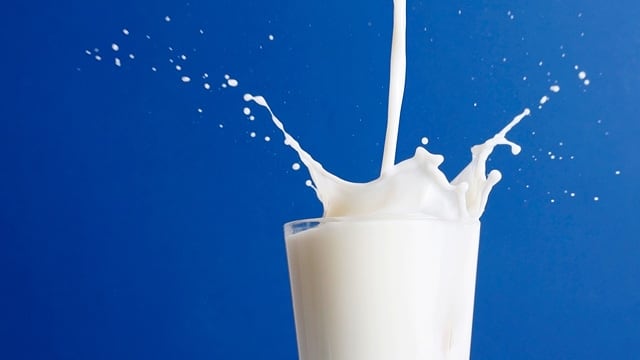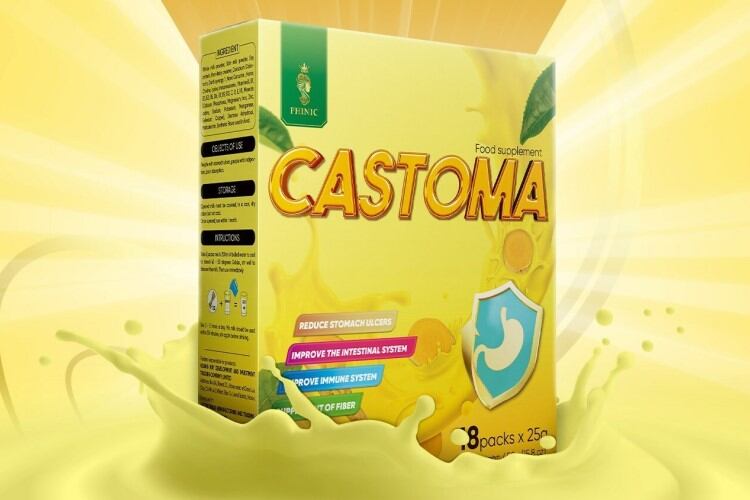China and New Zealand signed a free trade agreement (FTA) in 2008, but with regard to dairy it has taken 16 years to finally see all tariffs removed.
According to New Zealand Ministry of Foreign Affairs and Trade data, New Zealand was the first developed country in the world to enter into an FTA with China, since quadrupling exports there valued at over NZ$37bn (US$22.7bn) as of 2021, and seeing China become its biggest trade partner.
Various New Zealand dairy products have seen export tariff decreases over the years, but although many of these hit zero in 2019, duties were still in place for liquid milk, butter and cheese until 2021; and for milk powder until Dec 31 2023.
As of Jan 1 this year, all tariffs were officially declared to have been removed by the Chinese Embassy in New Zealand via a formal statement, which was warmly welcomed by New Zealand Trade Minister Todd McClay.
“All safeguard duties on milk powder [entering China] have been removed as of January 1 2024, which marks the final liberalisation of dairy access under the [China-New Zealand] FTA,” McClay announced via a separate statement.
“New Zealand is China’s largest supplier of dairy, providing high-quality products [and] our annual dairy exports to China have averaged 1.4 million tonnes worth NZ$8bn (US$4.9bn) every year over the past three years.
“[Half] of this was milk powder, [so] this is good news for our dairy sector [as] the removal of these tariffs is expected to deliver additional savings of NZ$350mn (US$214.3mn).”
Local dairy firms have welcomed the news, including dairy co-op Fonterra which believes that this is even more significant given China’s economic growth.
“The growth rate in China has slowed somewhat from pre-pandemic times, but we need to look at this against a global context,” Fonterra CEO Miles Hurrell told local media at a press event in China.
“When looking at this bigger picture, there are still huge opportunities here and the medium-to-long prospects are still great so Fonterra is definitely still going to invest in this market.
“The key thing to remember here is that Chinese consumers are very interested in new and innovative products – but there is also a strong demand for health and nutrition, as well as the element of sustainability underlining all of this innovation.”
Though not explicitly mentioned, Fonterra will likely hope that its recent Climate Roadmap might give it an edge over the competition, especially with sustainability becoming a strong theme in China due to strong government messaging in recent years.
Local players
Hurrell also acknowledged that there are currently various local Chinese players in the market that are ‘very strong’, and these are undeniably brands that have grown to achieve world-class recognition such as Yili and Mengniu.
That said, brands willing to take a collaborative approach could also see this as increased opportunity to work with established players in a complicated market – a model which has been successfully adopted by Yili which established a specialised New Zealand operation under the Oceania Dairy brand.
“At the heart of it all, New Zealand dairy still has a very strong reputation due to its stably high quality and the way of milk production here,” Yili Innovation Centre Oceania Head Dr Philip Wescombe told us.
“Yili has dairy products for consumers that have various needs, and many of these have been made using a fusion of Asian and Western knowledge, so [collaborations can be beneficial] to deliver the best efficacy.”
He also highlighted that China has firmly established dairy as a core part of a balanced diet, and with its additional focus on sustainability in the industry from packaging to production, this is an area that dairy firms are taking more seriously.
The firm’s CEO Zhang Jianqiu previously stated that dairy firms need to integrate sustainability into their processes in order to meet any national and international ambitions.
“Dairy companies should take the initiative to shoulder their responsibilities towards sustainability – this includes integrating sustainability into their product development and diversification, [including] developing net-zero carbon products and building such supply chains,” he said.
“The dairy industry has many links within a long supply chain from crop production to breeding to processing and packaging [so] needs to continuously enhance green management across the whole chain.
“[This will require the use] of digital technology as well as well-mapped out strategy and collaboration [both locally and internationally].”



